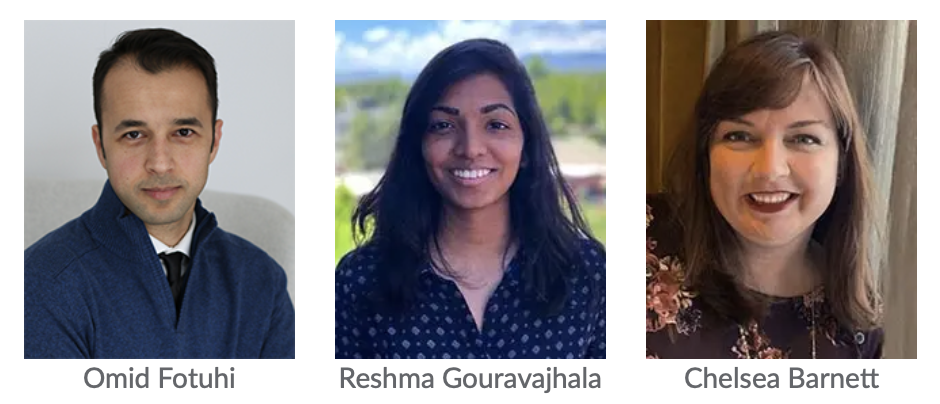WGU Academy’s “Adaptive Mindsets” is a multi-part webinar series designed to educate student affairs leaders on identifying pedagogic opportunities to prepare students for long-term academic and professional success. Today’s rapidly evolving learning climate requires colleges and universities to implement holistic programming that develops student social-emotional learning with academic curriculums. Our evidence-based approach relies on principles of cognitive, non-cognitive, and metacognitive psychology to help develop resilient learners. As student enrollment continues to diversify, ensuring student success from day one guarantees consistent academic performances, higher retention rates, and a more transparent evaluation of student experiences. Informative and thought-provoking, this series will be led by today’s leading education researchers offering insights on increasing student success in all its forms.
This series includes leading insights from leading WGU Academy and WGU Labs researchers Omid Fotuhi, PhD, Reshma Gouravajhala, Ph.D., and Chelsea Barnett, M.S.

Session 1 – Intro to the Unwritten Curriculum: Improving Student Success Outcomes During the First Year
Identifying indicators of student success requires understanding not just what students learn but how they learn as such habits/practices are internalized before their first day of class. Academic performance is a combination of staying engaged, focused, and motivated. As such, there is an “unwritten curriculum” that relies on cognitive, non-cognitive, and metacognitive psychology principles to help develop resilient learners.
This core set of non-cognitive skills is now available more broadly. Learn how to assess curriculum opportunities to implement essential skills development into academic programs to support college readiness and adapt to new academic environments.
Session 2 – Understanding Performance States: Stress, Threat, and Rest
Adjusting to typical academic pressures can be challenging for most students. Although these experiences are normal, college is not without many high-stress moments that can affect students’ motivation, self-esteem, and academic performance. Therefore, for higher ed institutions to apply the right strategy, it is critical to know what learning experience challenge to target. For example, when it comes to motivation and performance, most people often think about the relatively rare situations of high-stakes testing, where the pressure is on, adrenaline is pumping, and the task is to calm the body in order to be able to focus. While a critical part of optimal performance, it is also essential to recognize and adjust performance strategies for other motivation states, such as the more common low-stress rest states, that fill up most of the student learning experience.
Session 3 – The War Against Distraction: Mastering Your Myopia & the Myth of Will-Power
It is human nature to address more immediate needs at the cost of neglecting long-term goals. While adaptive for our survival as a species, favoring short-term rewards and emergencies do not serve one well in academic environments. Leveraging one’s myopia towards progress on long-term goals can result in consistent success.
Students must recognize what is achievable at higher efficient levels when faced with a perceived deadline. This myopic reaction to time management, when understood, can be leveraged to increase one’s overall productivity.
Session 4 – Principles in Practice Session: Creating Your Own Personal Philosophy
Creating a clear, compelling philosophy can guide students successfully through their academic journey. Like any journey, one needs two critical pieces of information: where one would like to go and where one starts.
In this final session, we explore the process of self-discovery. Academic journeys can connect to one’s core sense of meaning and life’s work. This process will help students develop greater conviction in their academic and personal goals and invest in opportunities throughout their journey.
